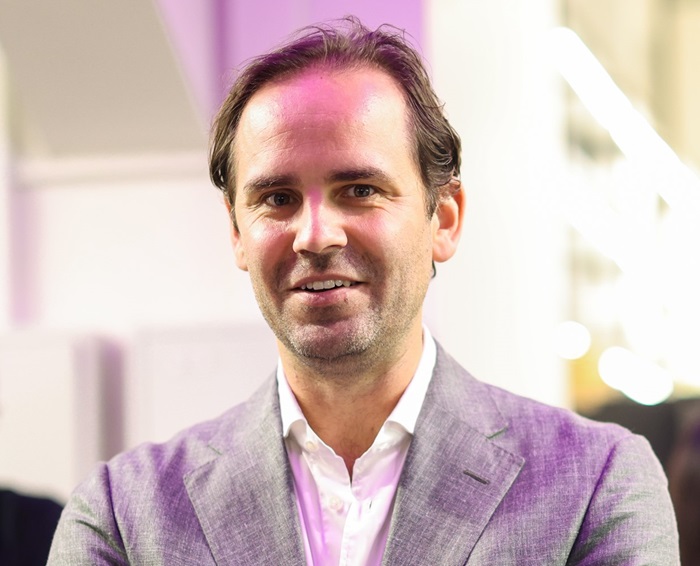COP29, held this November in Baku, Azerbaijan, marked the first-ever “Finance COP,” positioning climate finance at the heart of global discussions. While some hailed the event’s progress in advancing climate finance and establishing carbon market mechanisms, the reality is far more sobering. From woefully inadequate funding commitments by developed nations to a lack of enforceable carbon trading regulations, COP29 laid bare the cracks in our collective resolve — and the world is now at a crossroads.
What’s even more concerning is how COP29 underscored a growing complacency in addressing the climate crisis. Despite the undeniable, escalating severity of the situation, the conference revealed a troubling decline in urgency. We’re seeing a widening gap between the rhetoric of action and the reality of inaction, and time is running out. COP29, touted as a pivotal moment, highlighted just how much remains undone — and how much longer we might wait before it’s too late.

A shortfall in responsibility
Developing nations came to COP29 asking for an annual investment of US$1.3 trillion from developed countries to support their climate fight. This figure, grounded in expert analysis, reflects the real, urgent financial need. Yet the New Collective Quantified Goal (NCQG) agreed at the conference fell far short, setting a target of just US$300 billion annually by 2035 for all developing countries — less than a quarter of what was requested.
Just as troubling was the aspirational goal to mobilise US$1.3 trillion to be mobilised by 2035 in climate finance, though with no binding obligation, it’s unlikely we’ll see meaningful progress. This leaves us with a huge gap and raises questions about the sincerity of commitments to closing the climate finance divide. What’s often overlooked is that developing nations are bearing the brunt of climate damage they didn’t cause, yet they lack the financial resources to address the devastating effects on their economies and populations.
And let’s talk about the term “developing nations” for a moment. Countries like China, India, and even Singapore are often classified as developing economies due to historical frameworks. Yet these nations are now among the world’s biggest emitters with rapidly growing industrial sectors. While they still face significant challenges compared to wealthier countries, this classification allows some major players to sidestep greater responsibility for climate action. This creates an uneven distribution of responsibility, which ultimately undermines our collective effort.
For developed nations, the issue is not just about the money they’re willing to invest. It’s about recognising the interconnectedness of global climate efforts. Failing to provide the necessary financial resources doesn’t just hinder vulnerable countries’ ability to fight climate change — it also deepens global inequalities, fueling migration crises, economic instability, and resource conflicts that affect us all.
Carbon trading: a fragile step forward
COP29 did finalise a framework for carbon trading — an important step in incentivising emissions reduction by allowing countries and corporations to trade carbon credits. On paper, this could direct significant resources to sustainable projects. In practice, though, the system is fragile at best.
The success of carbon trading depends entirely on the integrity of nations and private companies. Without strong enforcement mechanisms, there’s a real risk that carbon trading could become a tool for greenwashing — where companies buy credits without making any real reductions in their emissions. Worse, loopholes allow for double-counting carbon savings, undermining the credibility of any reported progress. What’s urgently needed is a centralised enforcement body, perhaps under the UN, to ensure transparency and accountability. Without it, the entire system risks losing any real impact on global emissions.
A disturbing trend of reversals
What’s even more alarming is the growing trend of backtracking from both governments and corporations. While major oil companies and multinational corporations once positioned themselves as leaders in the green transition, many are now scaling back their climate commitments, citing economic pressures and shareholder demands. High-profile reversals — like cutting investments in renewable energy or delaying net-zero targets — signal a disturbing shift away from progress.
This pullback is more than just disappointing; it’s dangerous. Corporate actors are essential in driving innovation and scaling sustainable solutions. Their retreat not only slows the transition but also sends the wrong message to smaller companies and emerging markets: that the green transition is optional, not essential.
From Baku to Belém: The Road Ahead
The climate crisis requires unprecedented global cooperation, innovation, and commitment. While emerging technologies and grassroots activism offer hope, they alone cannot counterbalance the inertia of institutional and corporate actors that are holding us back.
COP29 showed us what happens when urgency fades: promises go unmet, trust erodes, and the window for real action narrows. To avoid a catastrophic future, the global community must come together with renewed determination. We need enforceable mechanisms, robust accountability, and a firm commitment to ensuring that the promises made in Baku translate into meaningful action. The stakes have never been higher — and the time to act is now.